When we loved one another, the inscription read, we loved without holding back. When we fought, we fought ’til it hurt.
A child’s pedal car sat beside the two blocks of text, one in Croatian and one in English, which described the genesis and destruction of one of the many doomed partnerships immortalized in Zagreb’s Museum of Broken Relationships. The gallery has received many accolades since it opened in 2010, although my reasons for wanting to visit it at the end of my two weeks in the Balkans go far beyond that.
Maybe I should donate this to the museum? I tugged at the piece of red ribbon Danilo had tied around my left wrist back in January, when we watched the sunset in Manzanillo, on Costa Rica’s Caribbean coast.
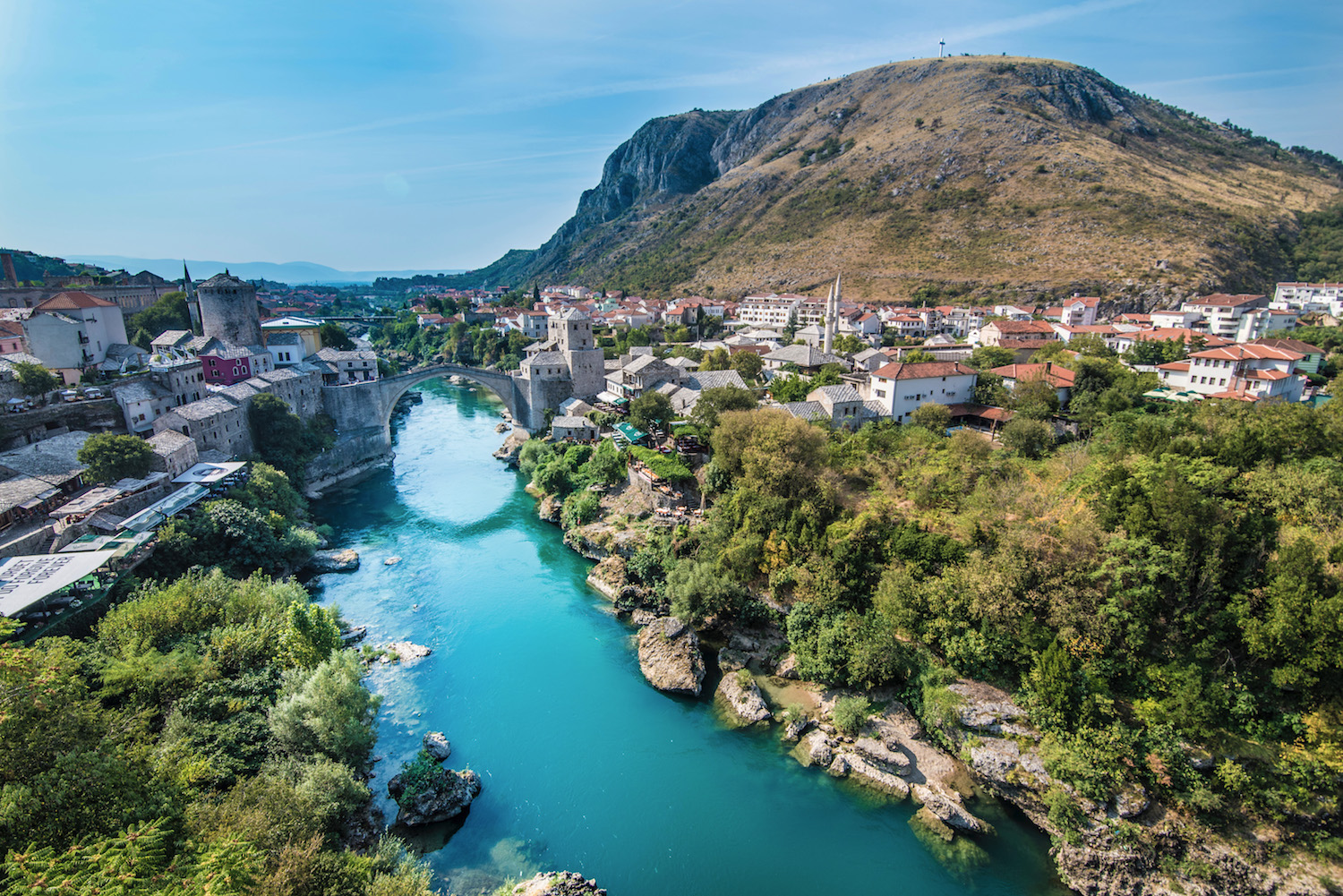
I moved my fingers down to the “Pura Vida” plaque, which his sister had made me before he came to Austin in May, whose original twine strings were now replaced by an intricate band of hemp and wooden beads Danilo made for me himself. Or this one?
The objects collected in the museum—a random photograph, a smashed USB stick, an evening gown, a suicide note—was as eclectic as the range of relationships whose ends they represented, not only romantic ones, but those between parents and children, between friends and even between individuals and themselves. Diverse, too, were the ways in which the people who donated the objects described what they’d been through and how it had affected them.
What would I even say? I wondered, as I read a Mary Oliver poem that was excerpted on the wall.
To live in this world
you must be able
to do three things:
to love what is mortal;
to hold itagainst your bones knowing
your own life depends on it;
and, when the time comes to let it go,
to let it go.
My trip through the Balkans has been instrumental in helping me let go of this relationship—and, more importantly, in remembering who I was before it. Indeed, the Balkan countries themselves are a museum of broken relationships: Between the people of this region and the empires that have ruled over them; between minorities and the majorities who sought their elimination; between the conflict and strife that has defined most of history here and a present—and, hopefully, future—that bears few scars of it.
Entering the farthest reaches of the museum, I noticed a large guestbook splayed open in front of me, with a pen laid directly over the only blank space on the page.
Surely, I wasn’t ready to write anything substantive about how my relationship with Danilo broke, my heart full from the dozens of personal accounts I’d read over the past hour, my head spinning with imagined images and fabricated stories of what my trip might’ve been like, had the man I briefly identified as the love of my life come with me as planned.
I picked up the pen and began moving it, as uncertain about what I would write as I was about whether I would leave either of the bracelets on my wrist behind. The only purpose cutting them off would serve, anyway, would be to make materially official what had been emotionally so since long before I ever said it out loud.
Our love was everything, I sloppily printed, but not enough.
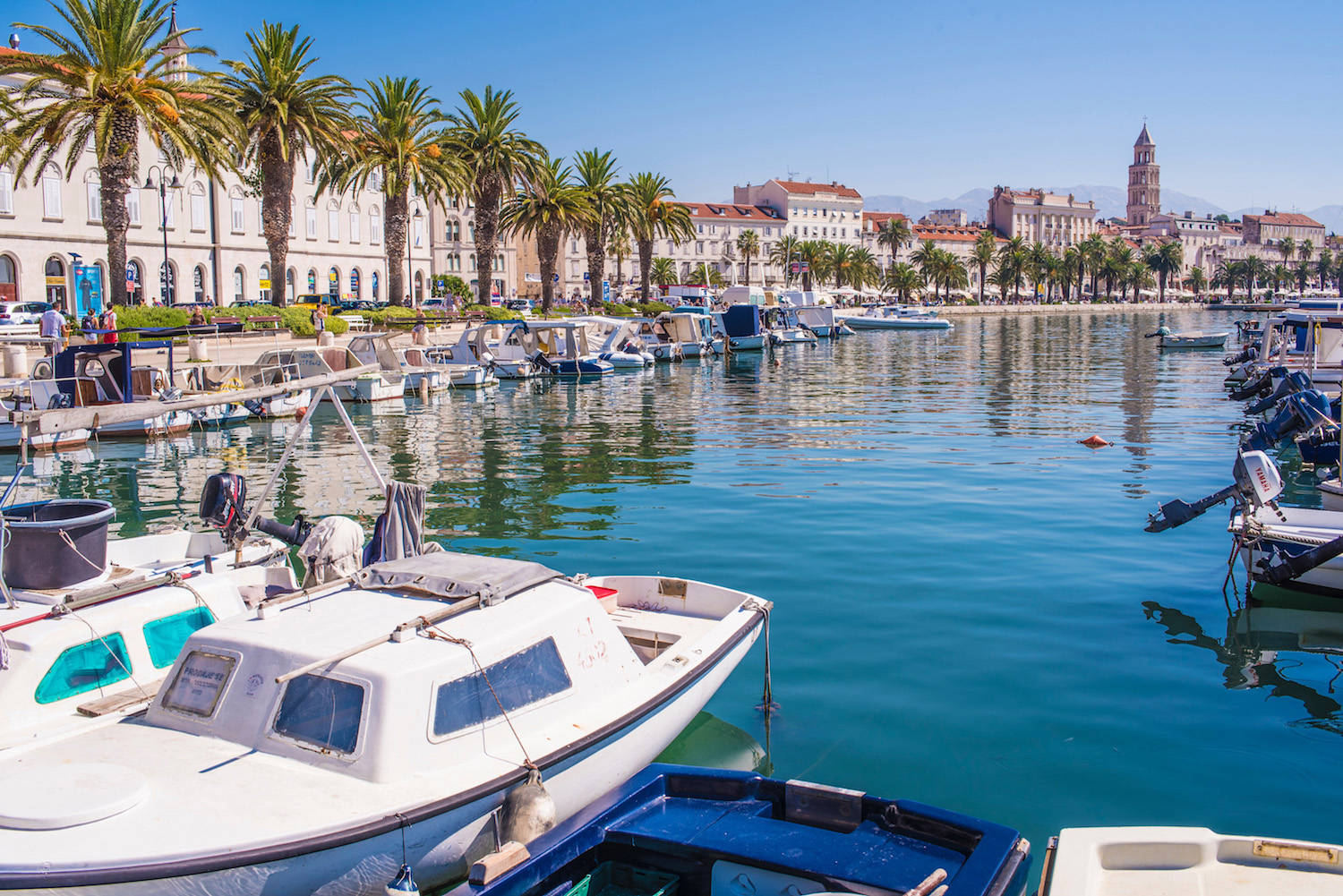
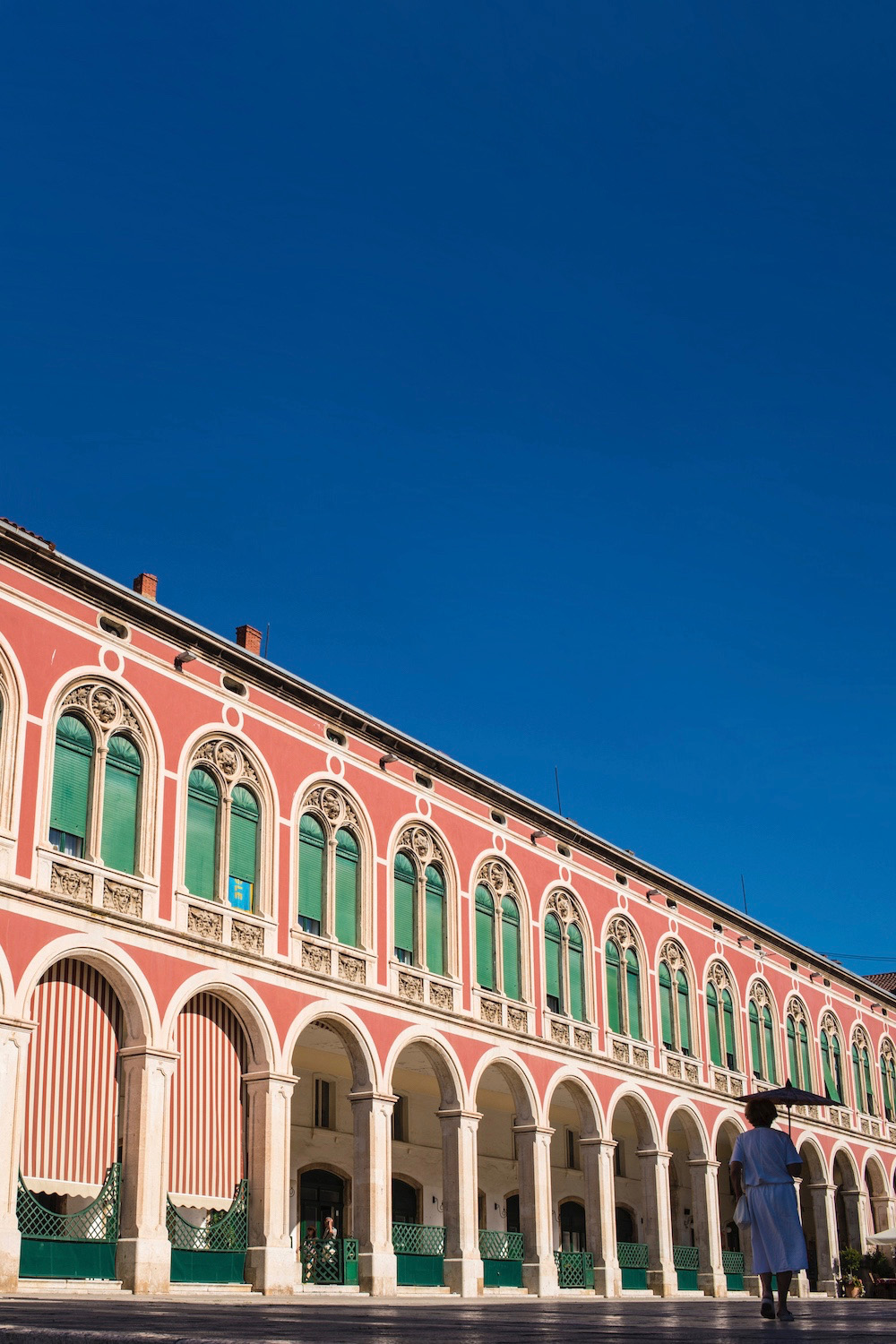
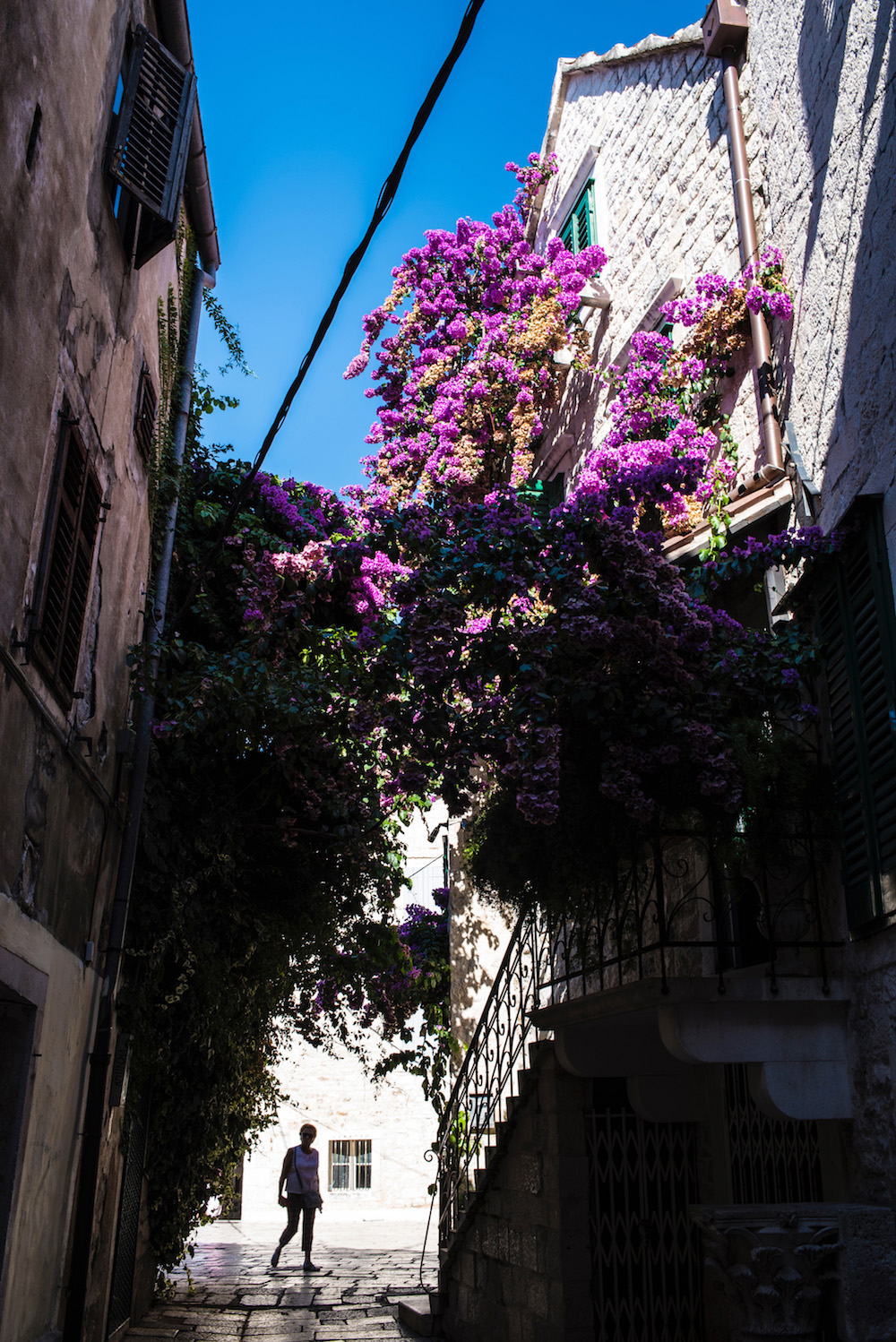
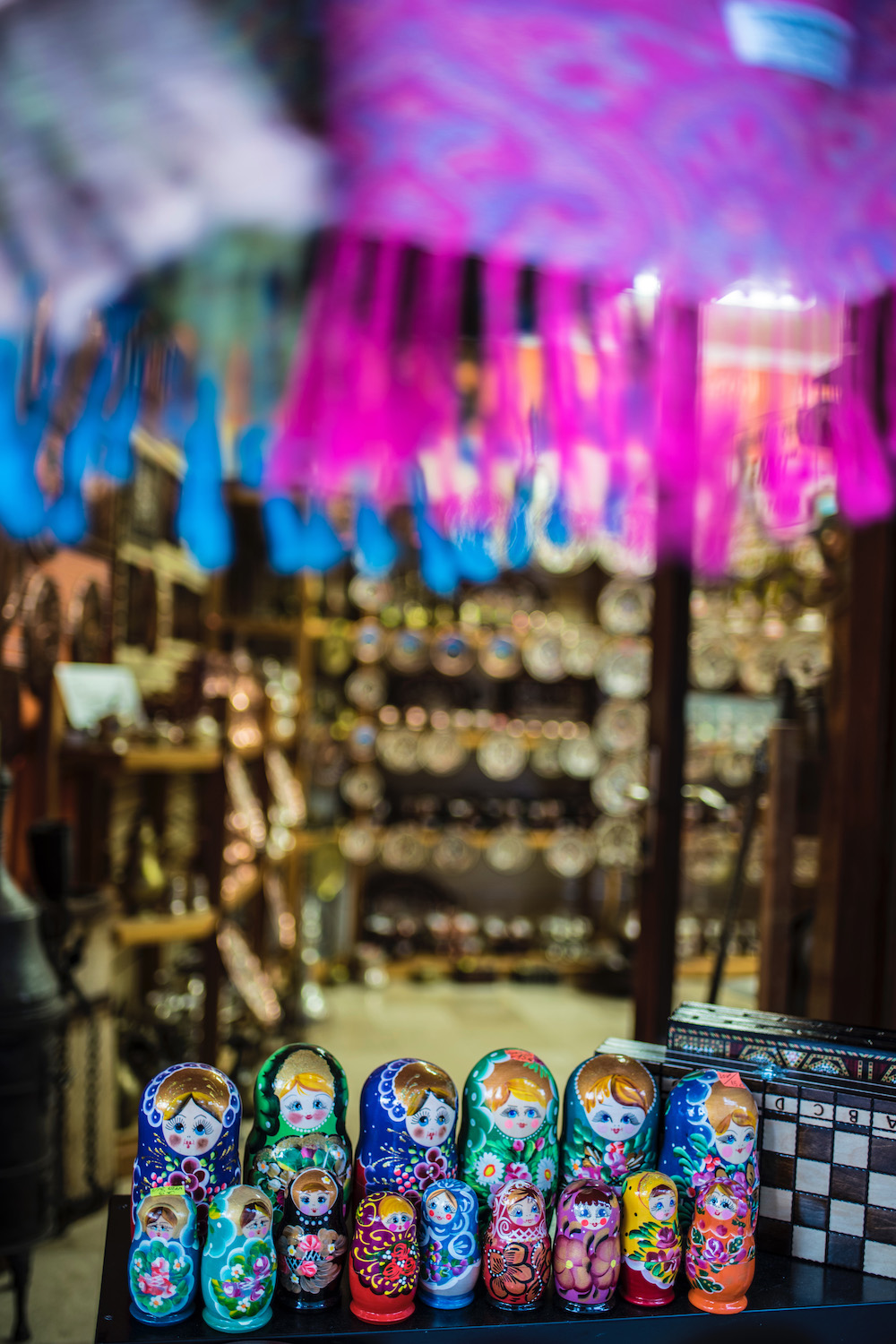
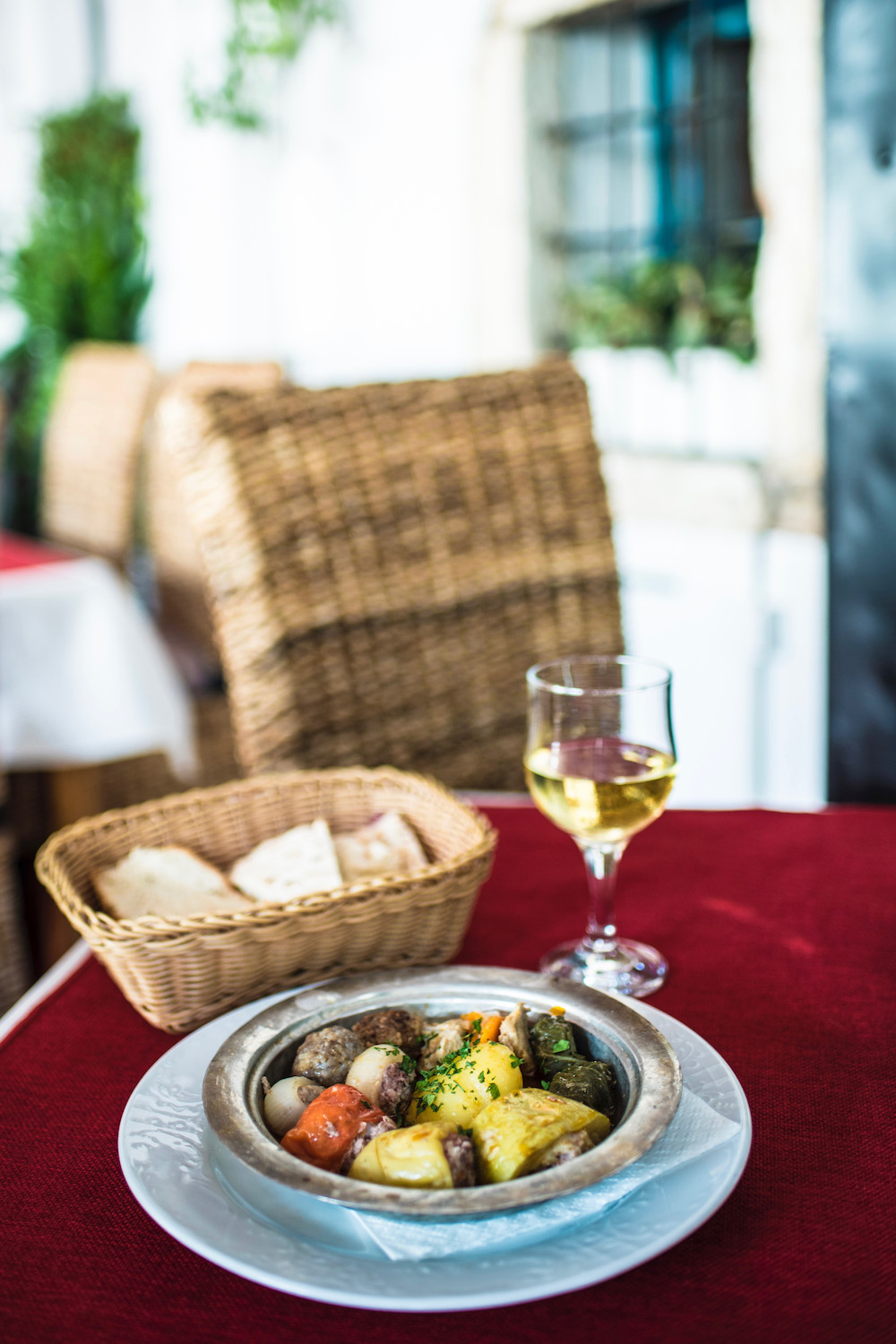
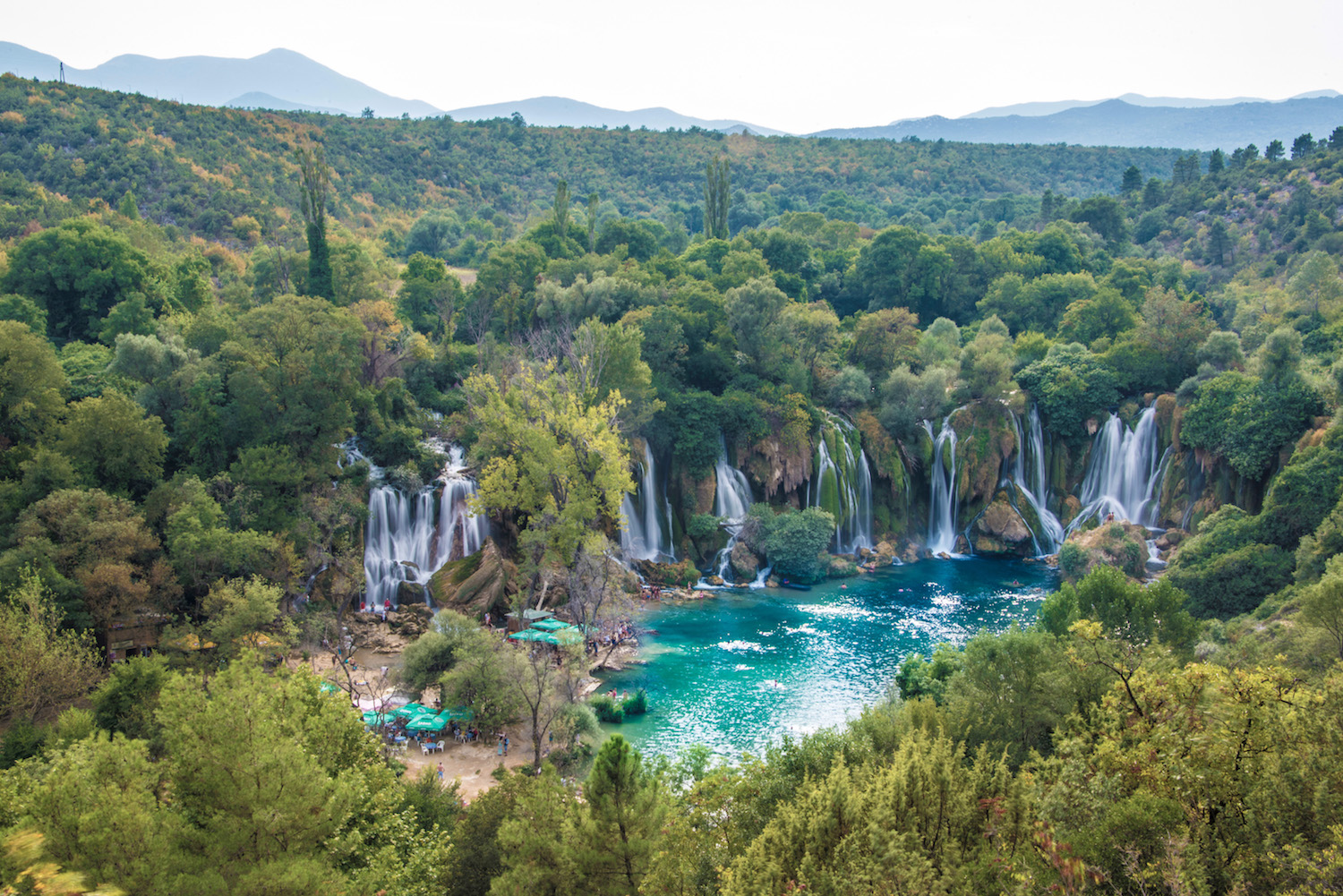
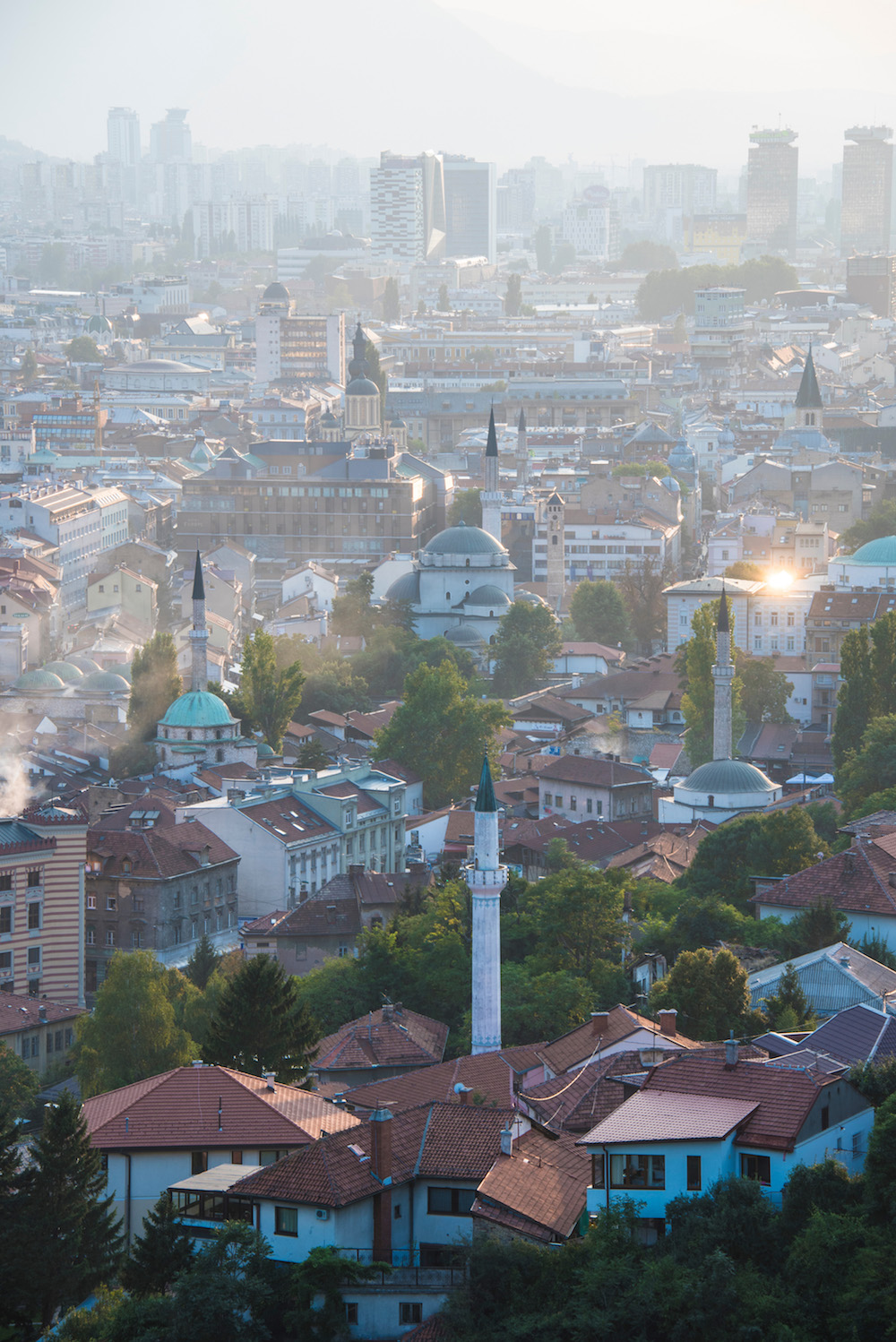
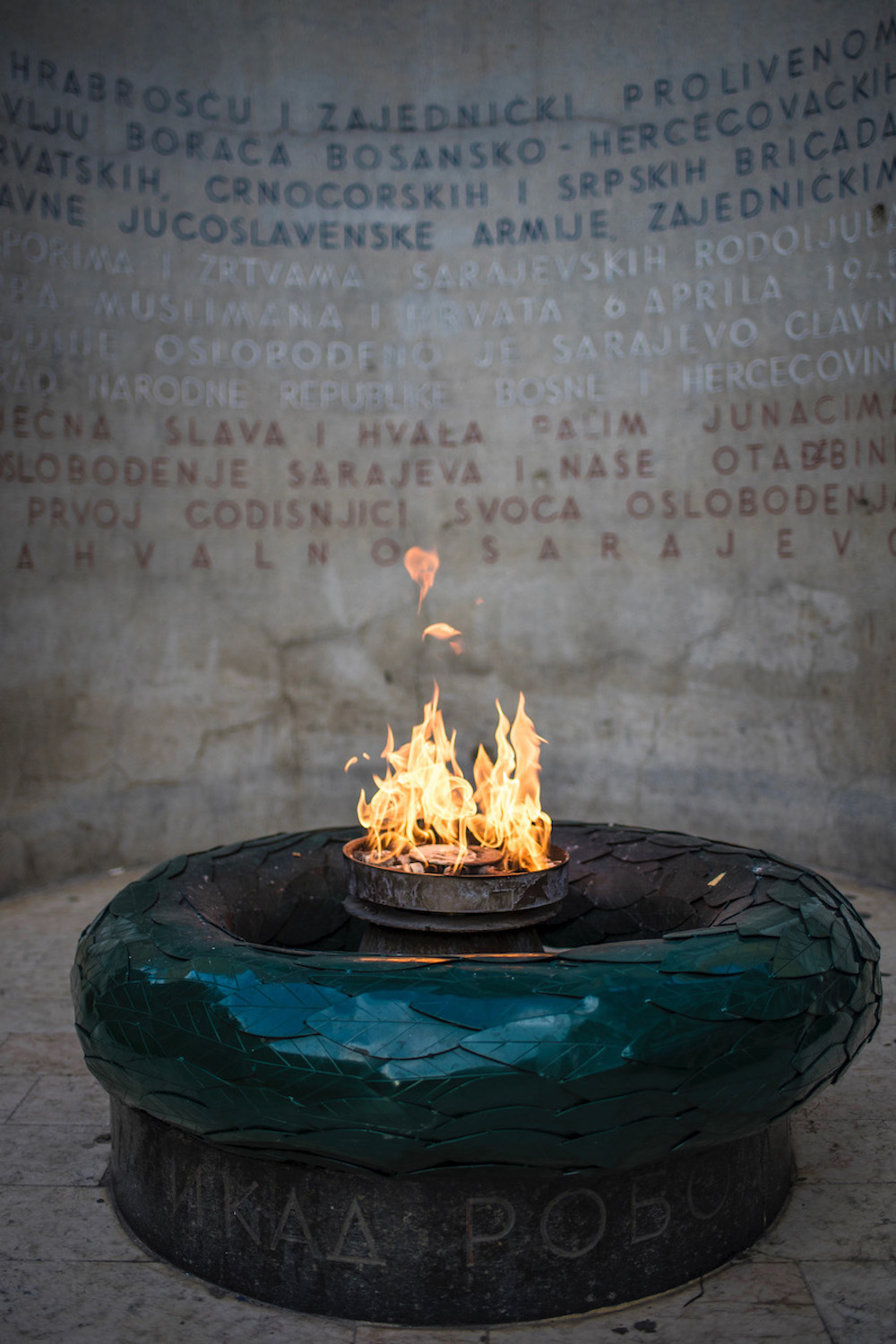
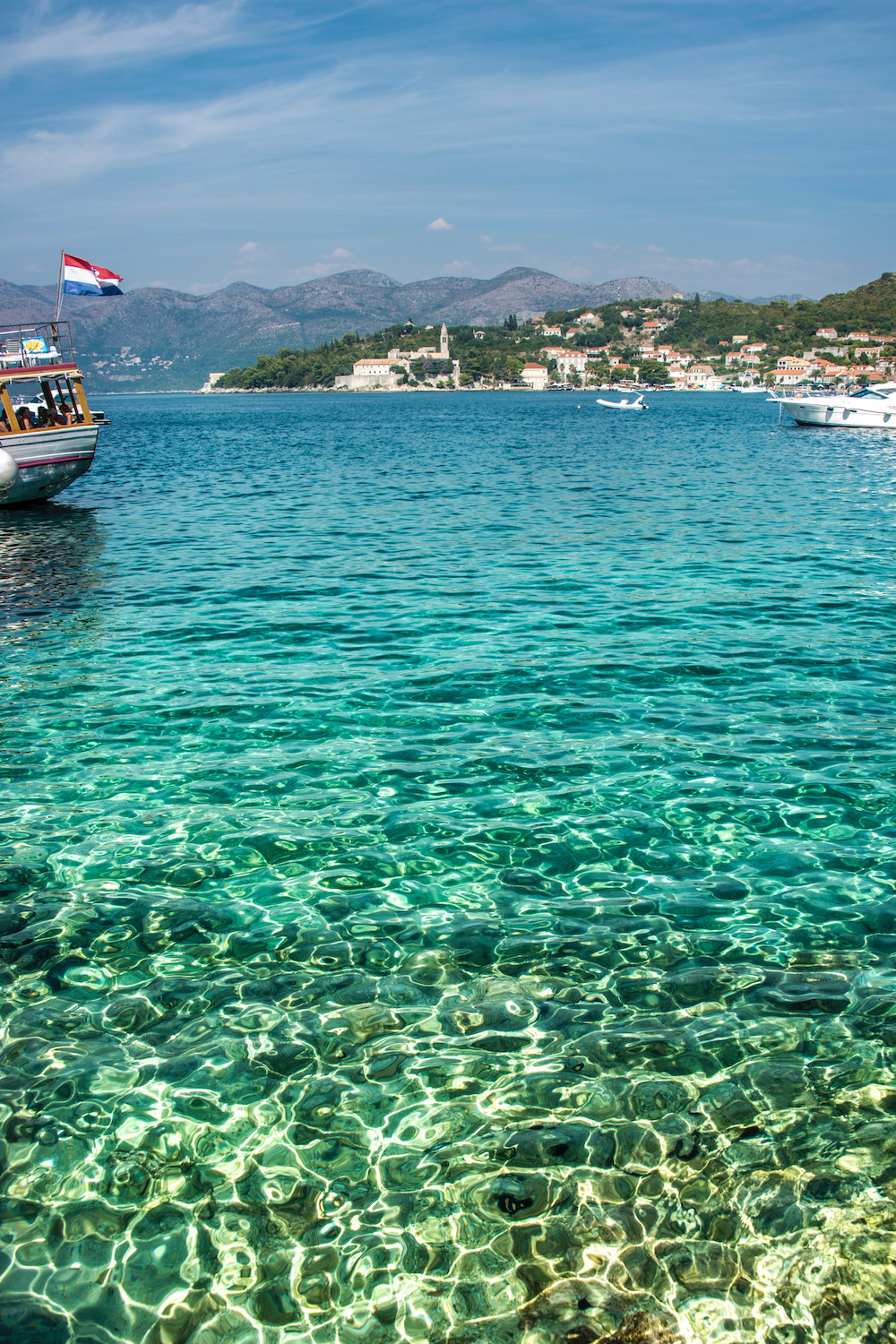
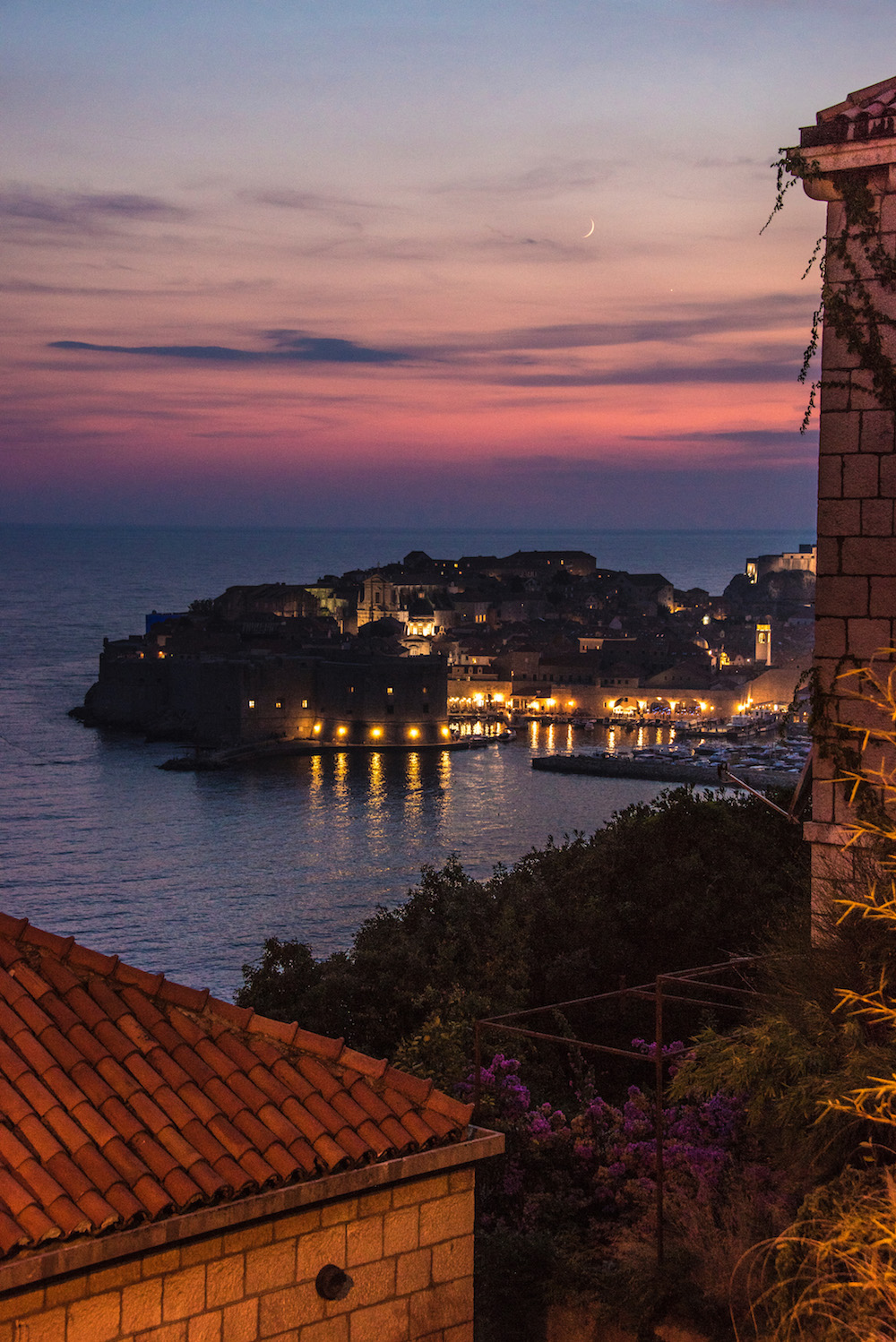
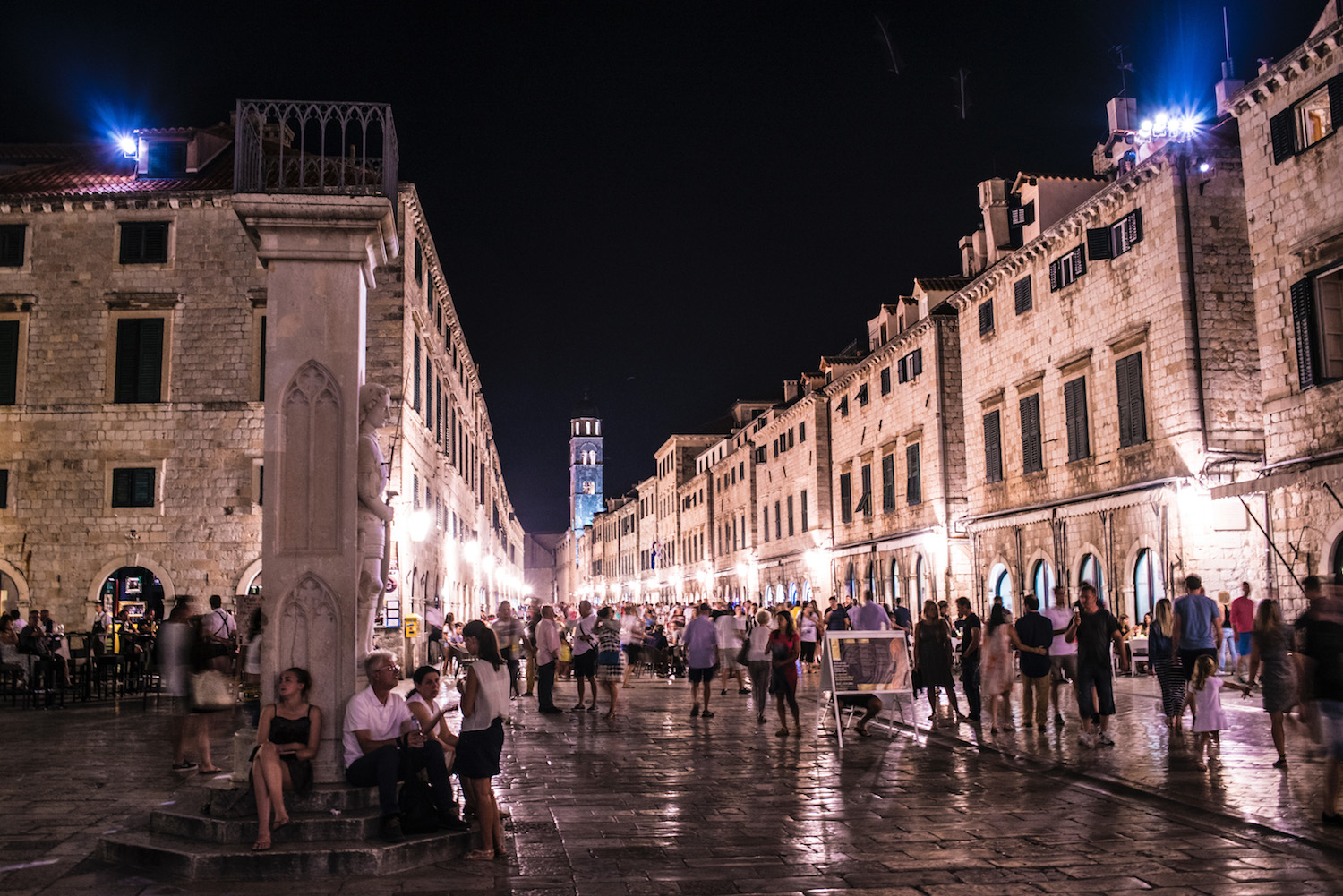
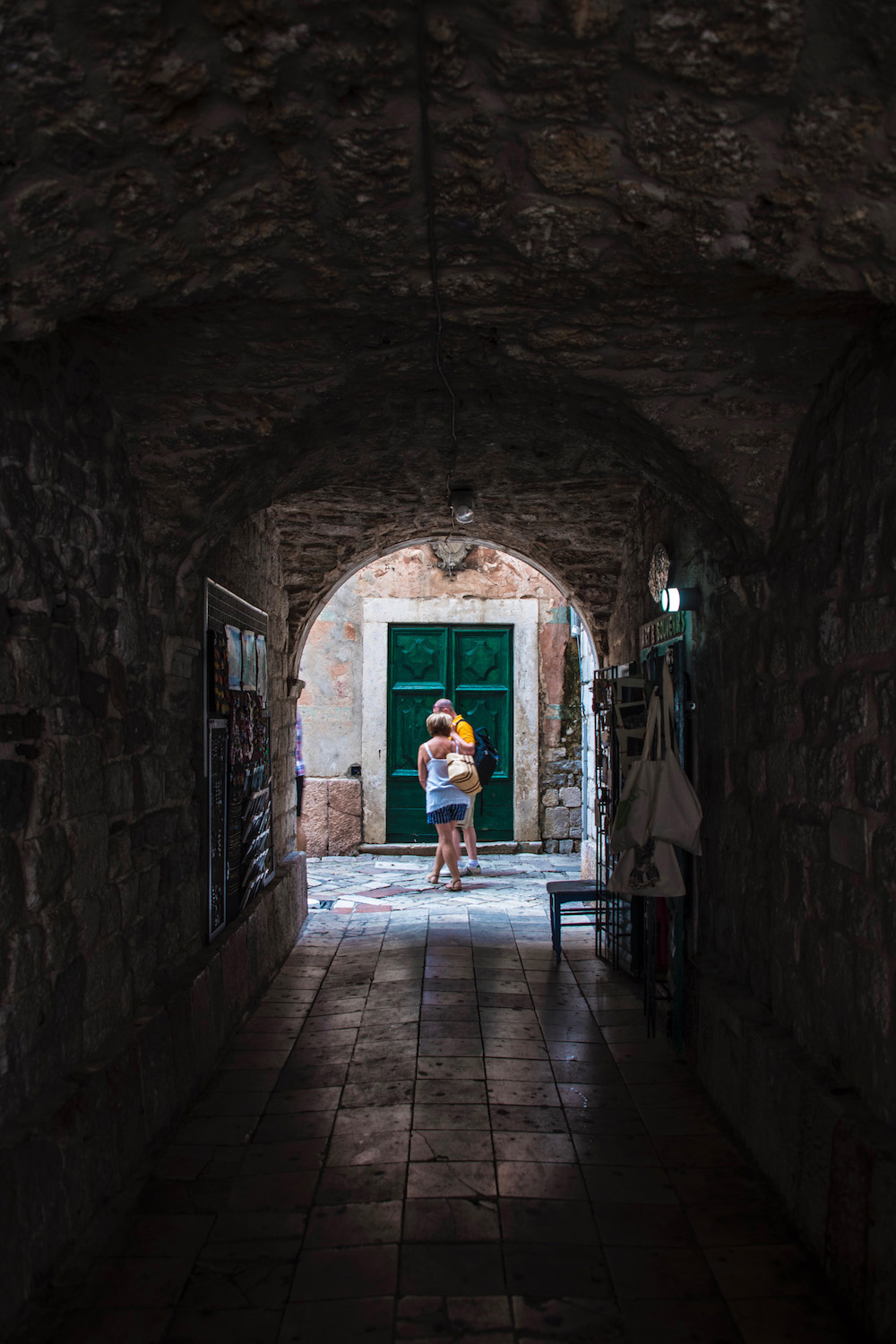
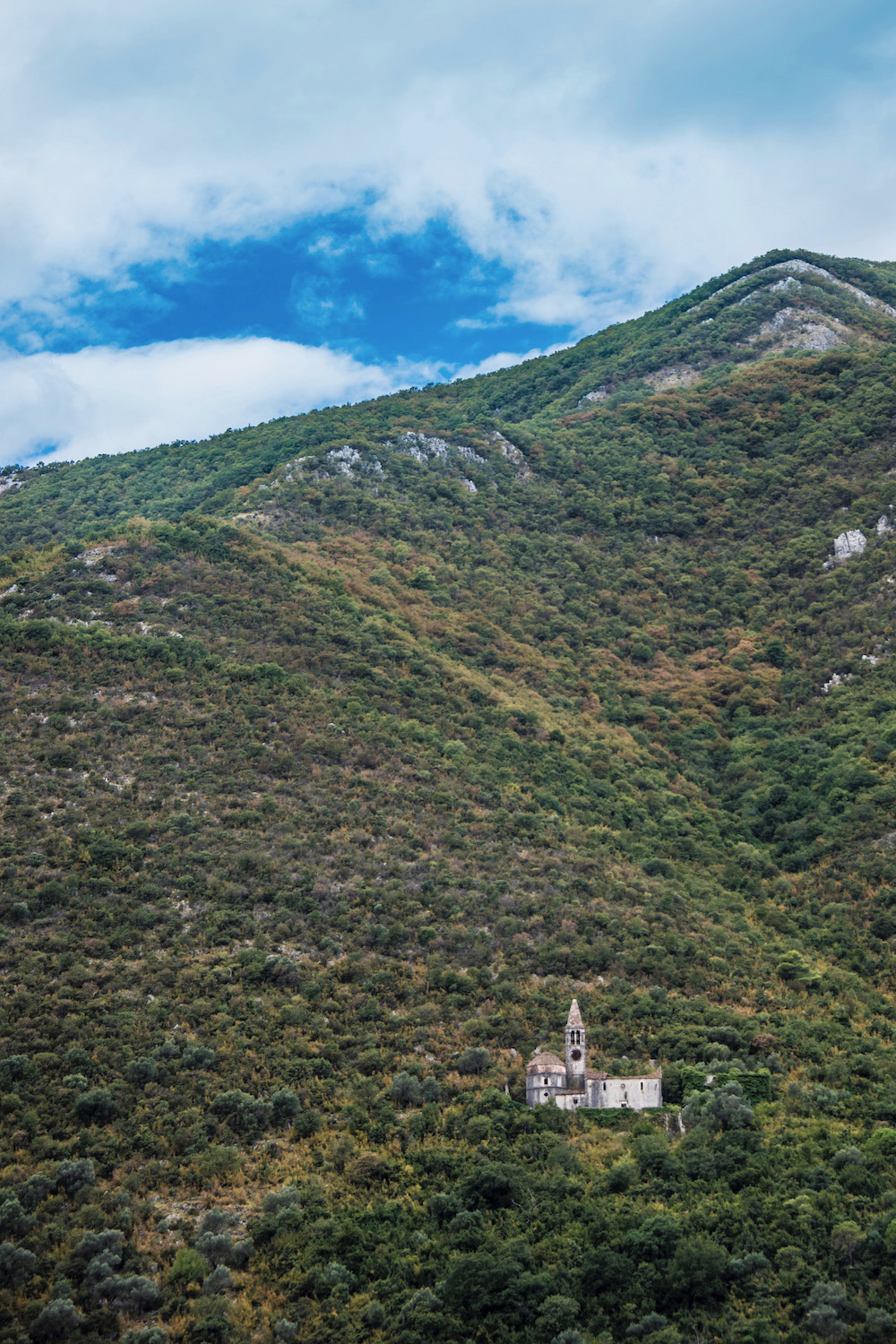
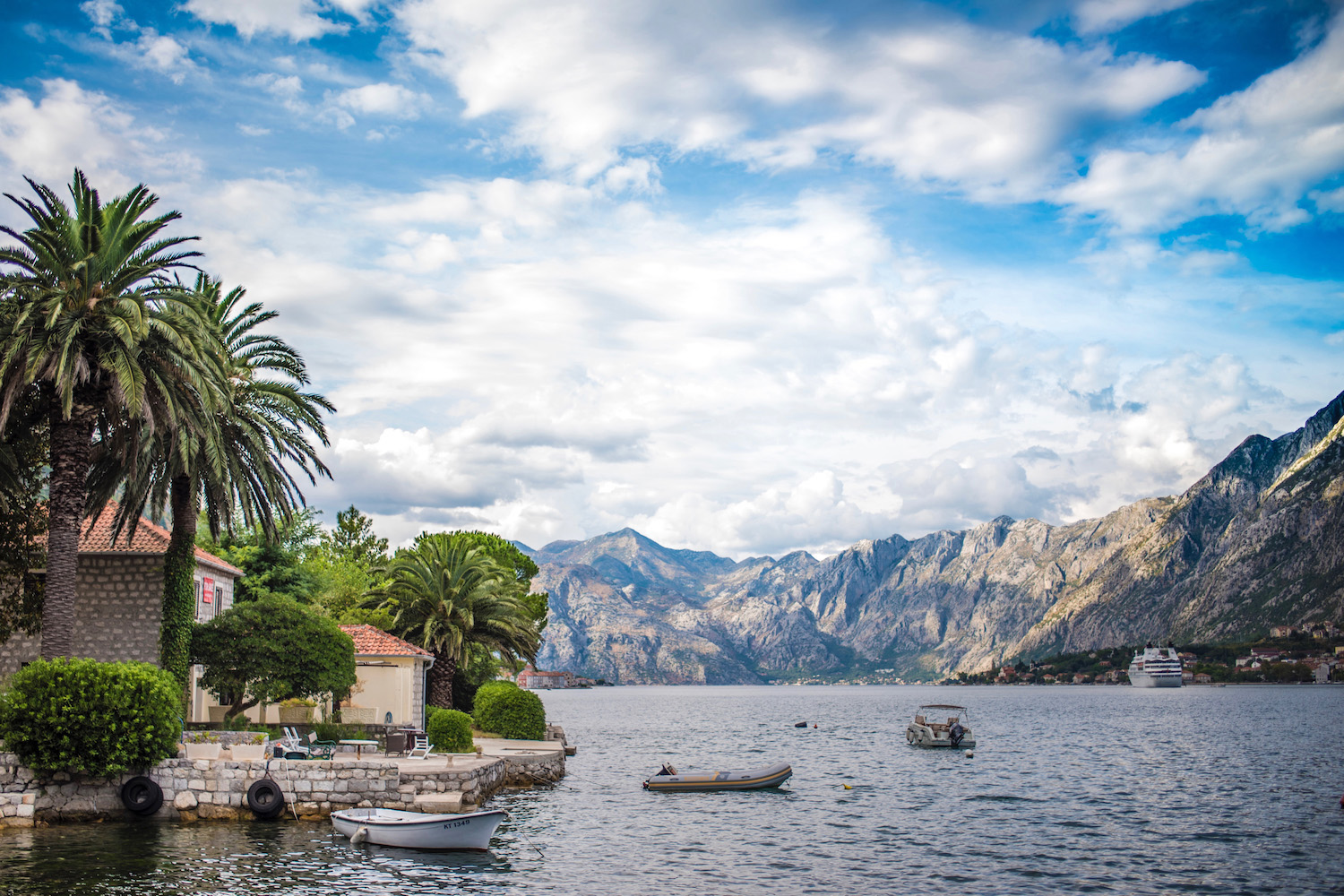
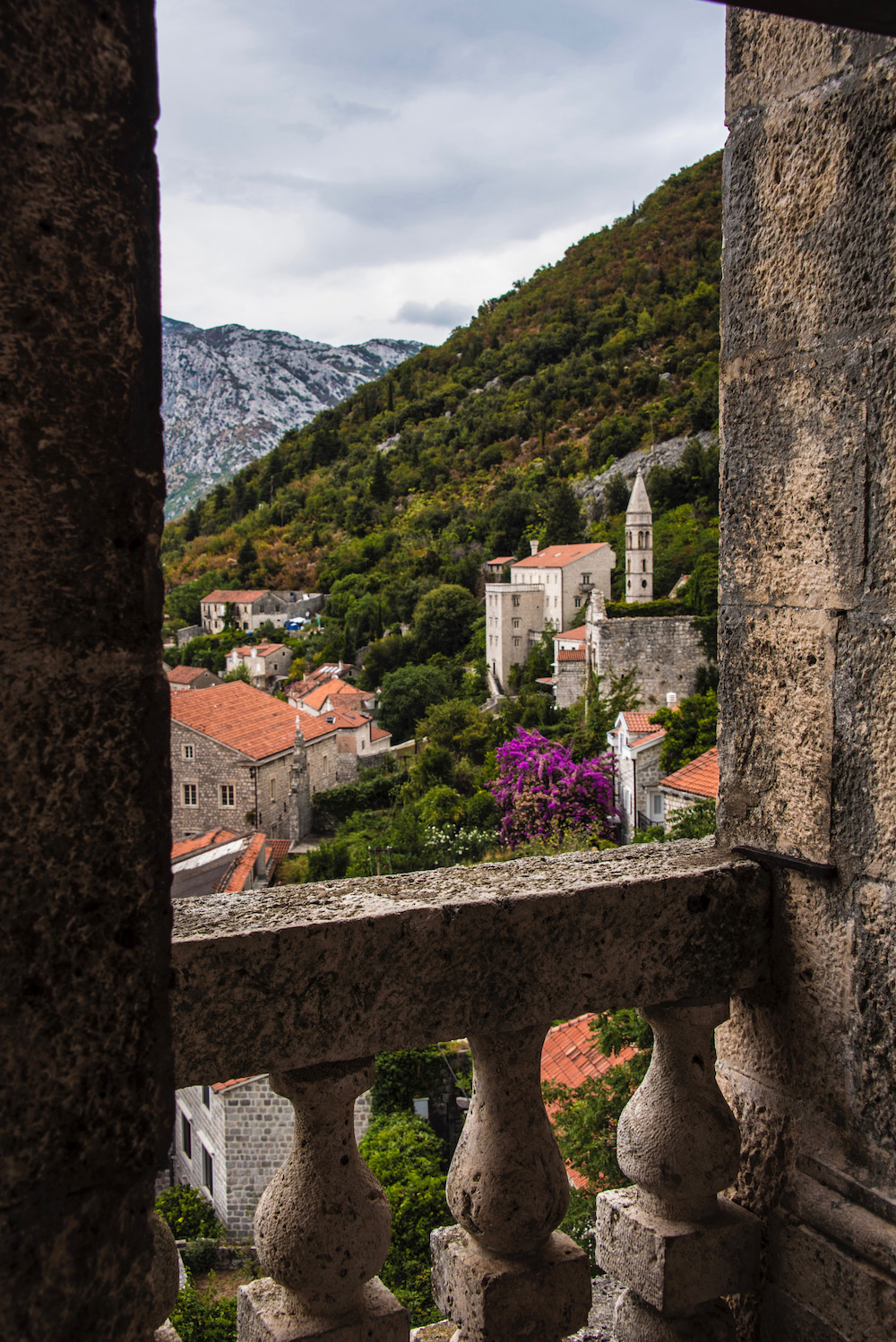
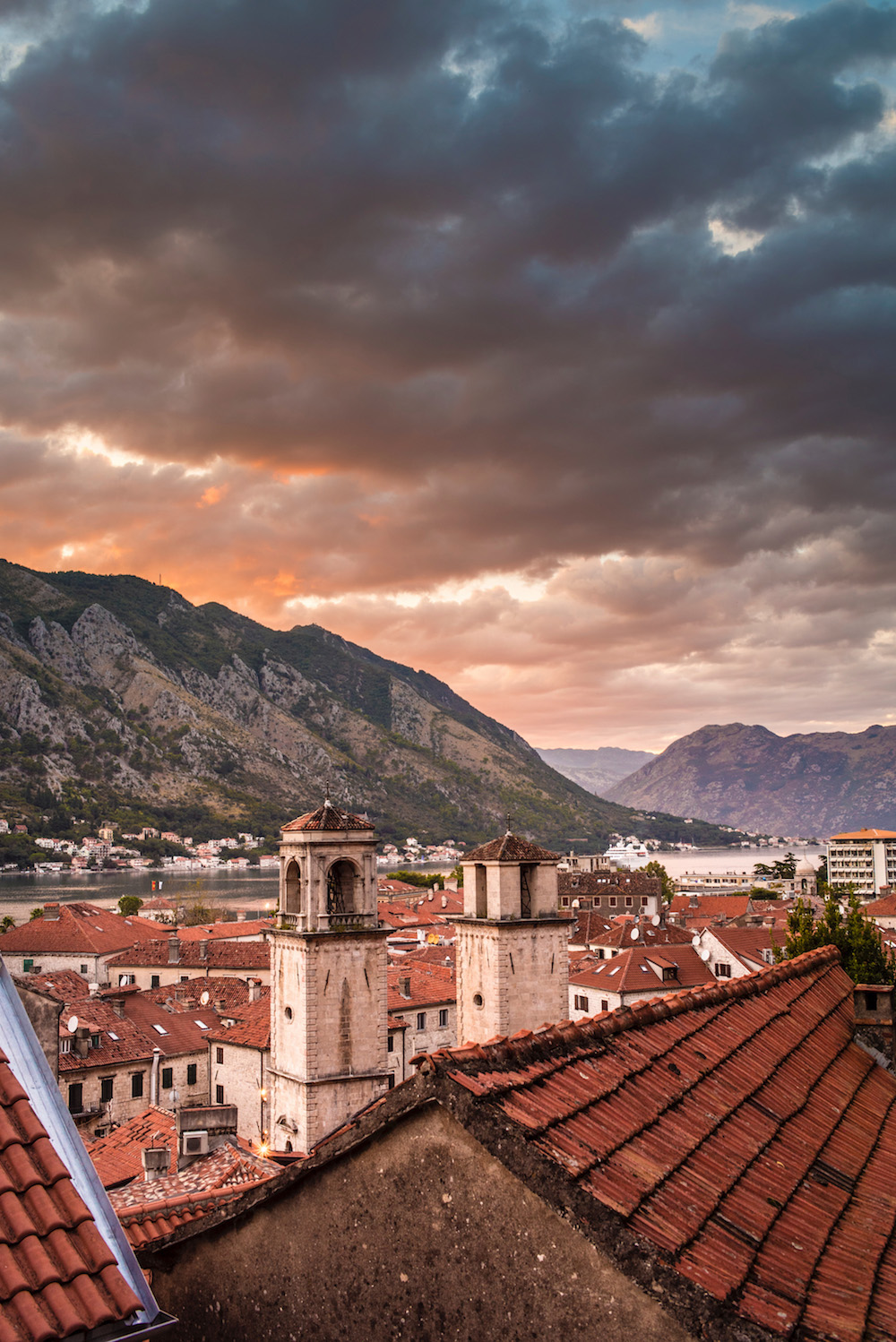
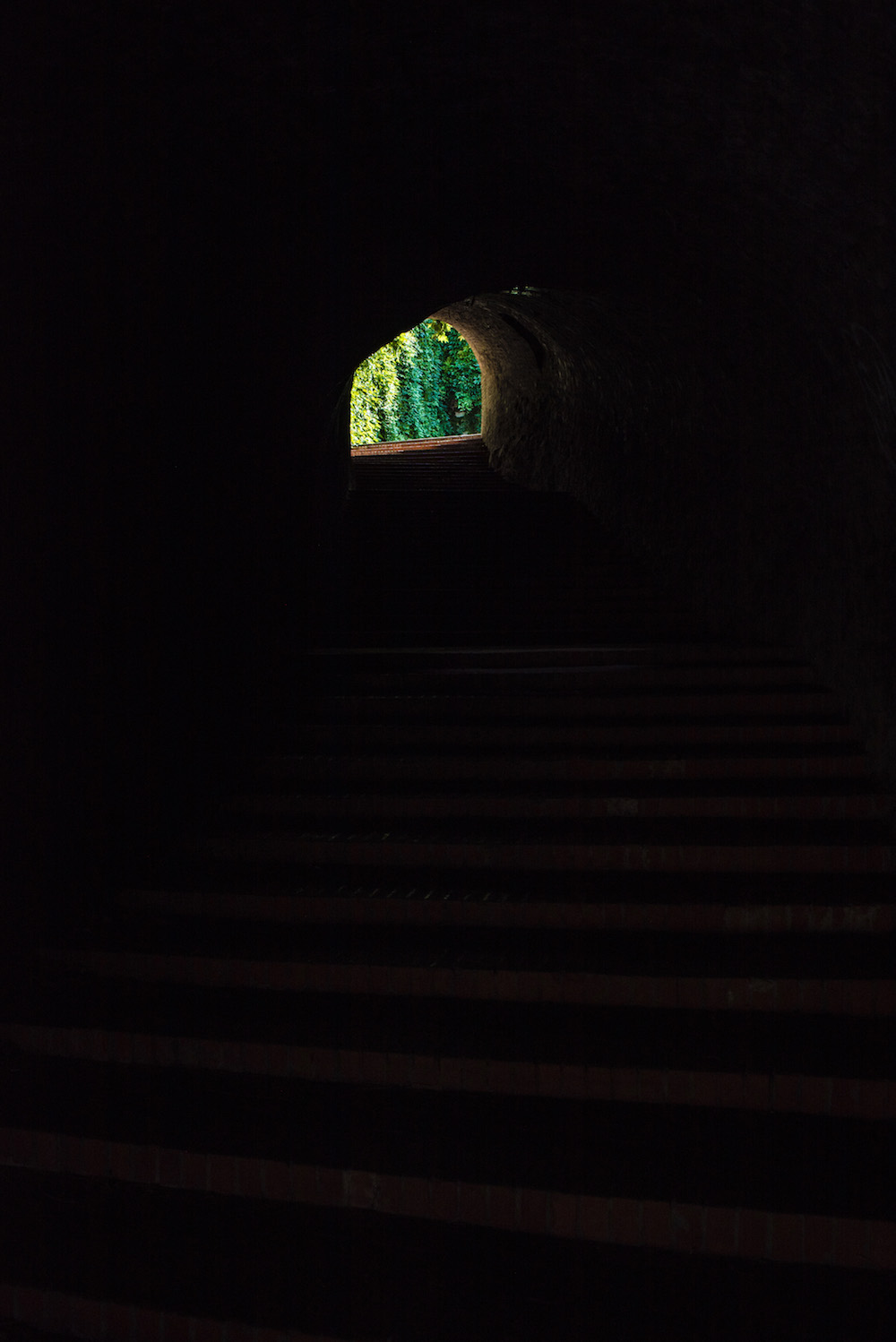
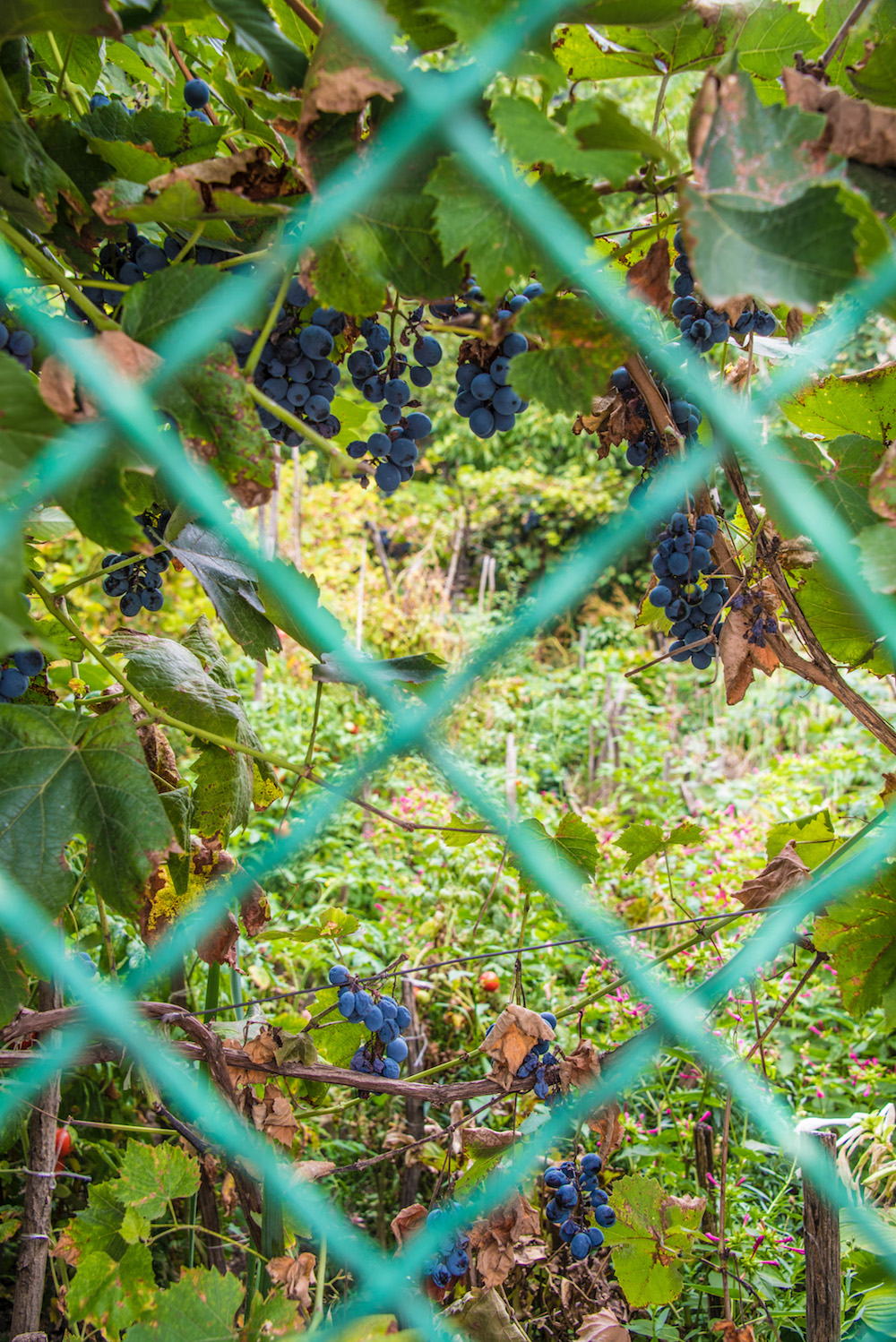
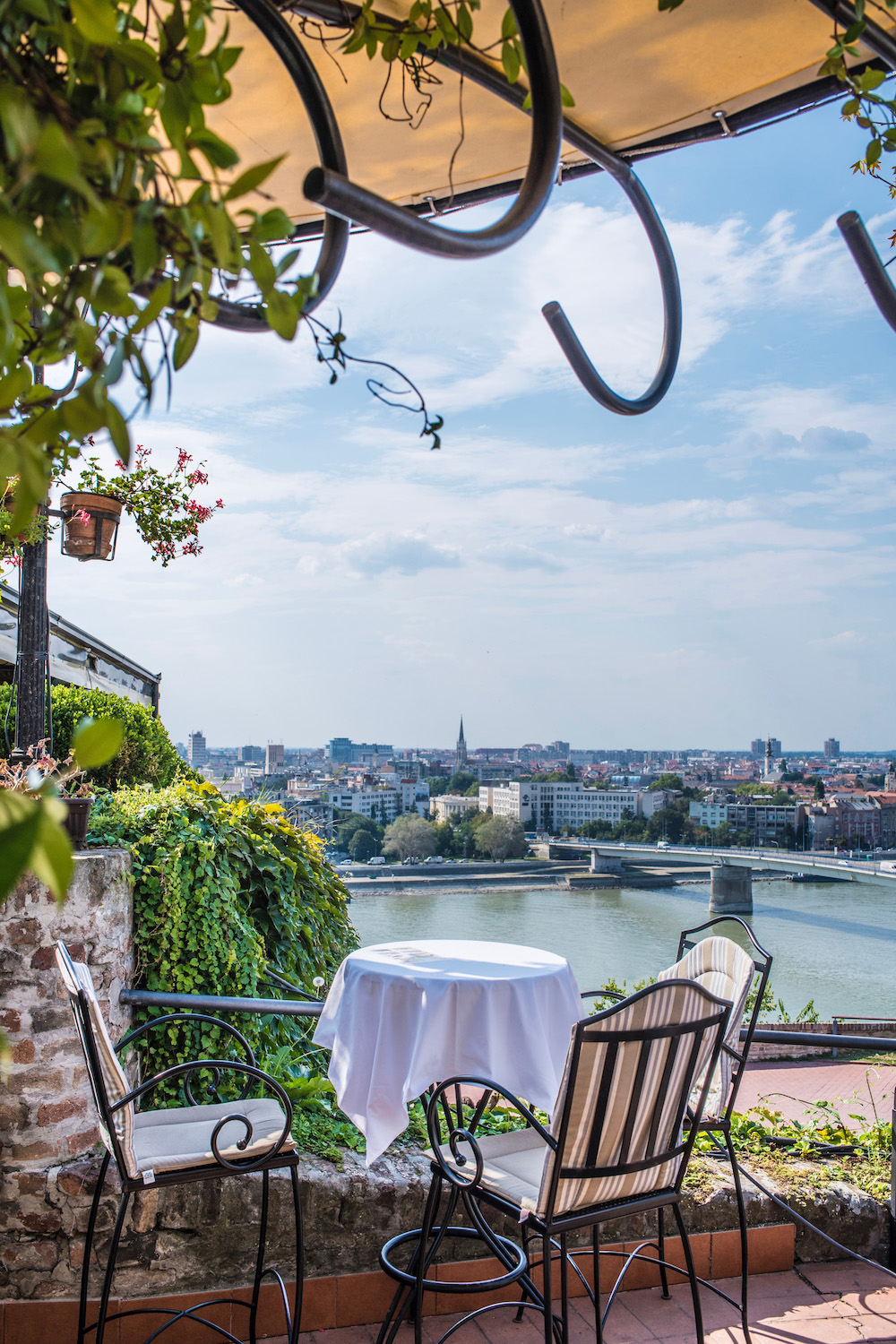
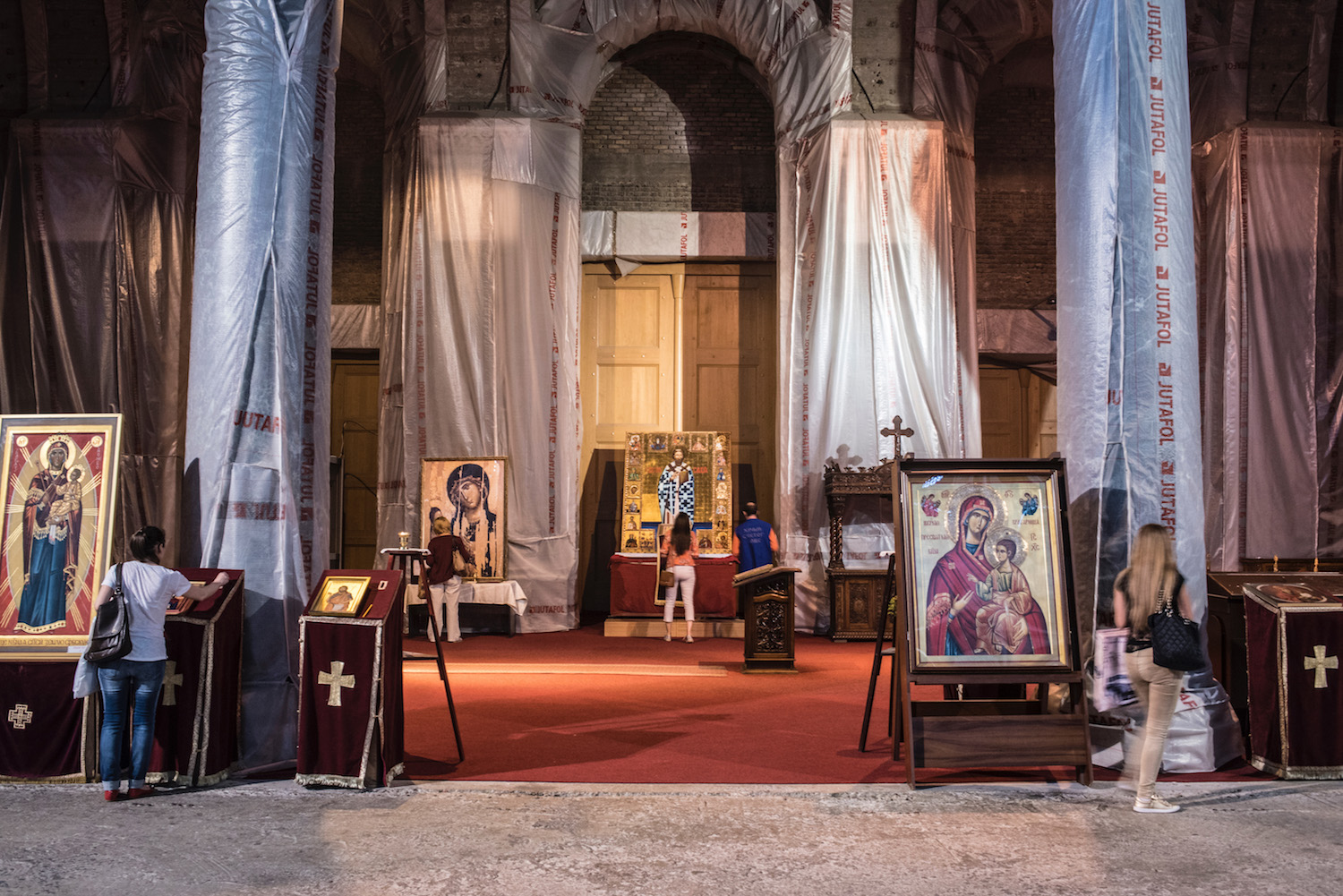
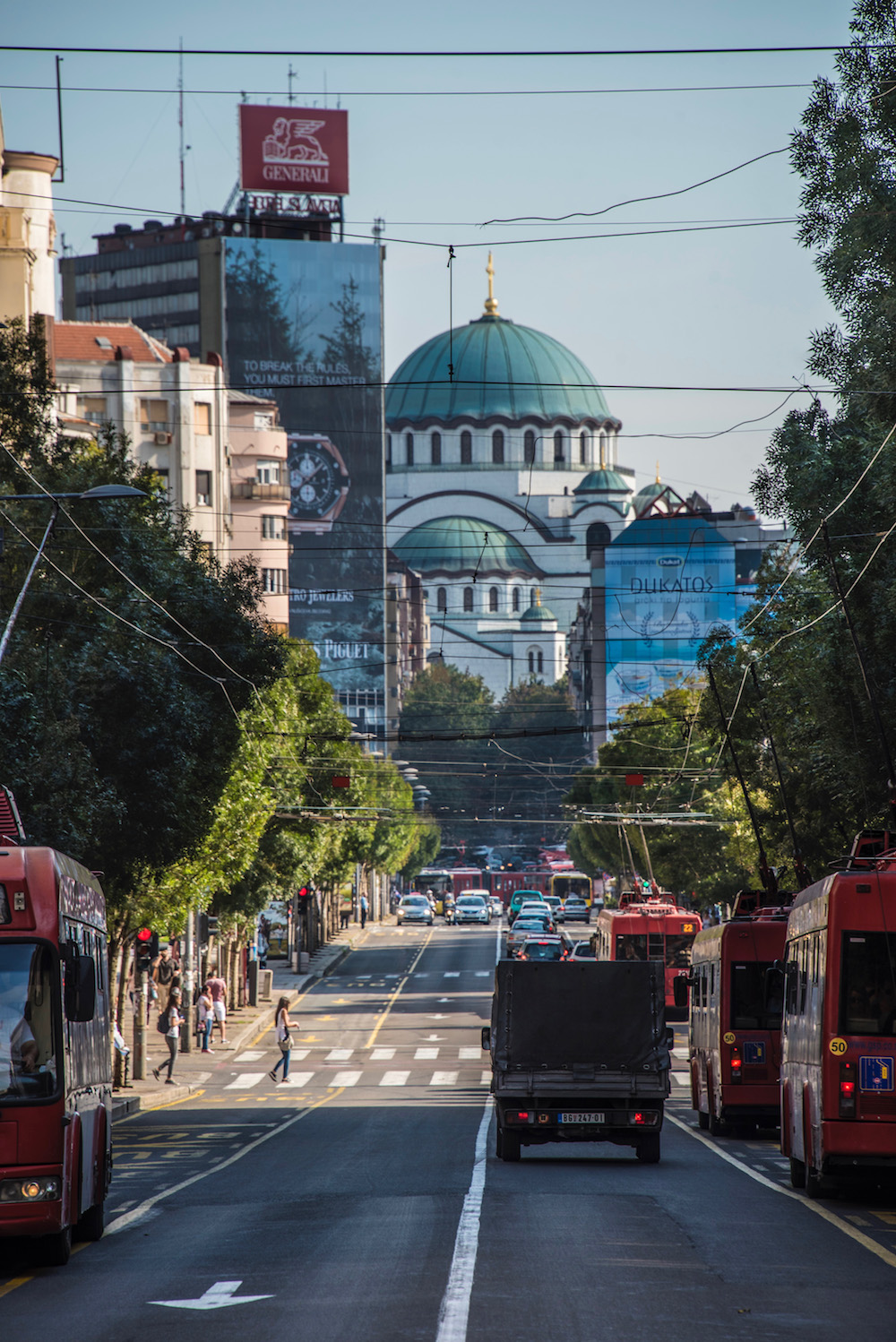
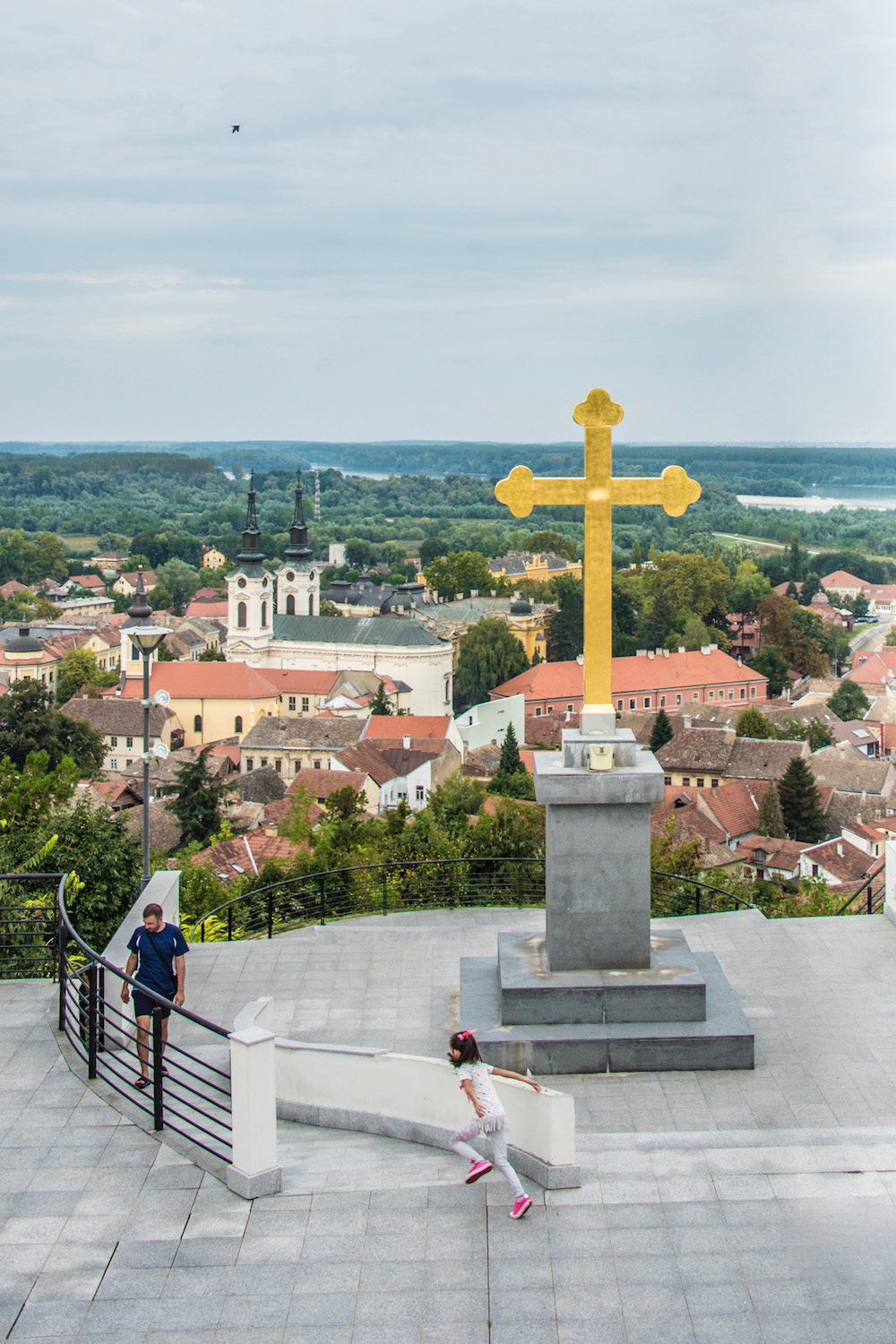
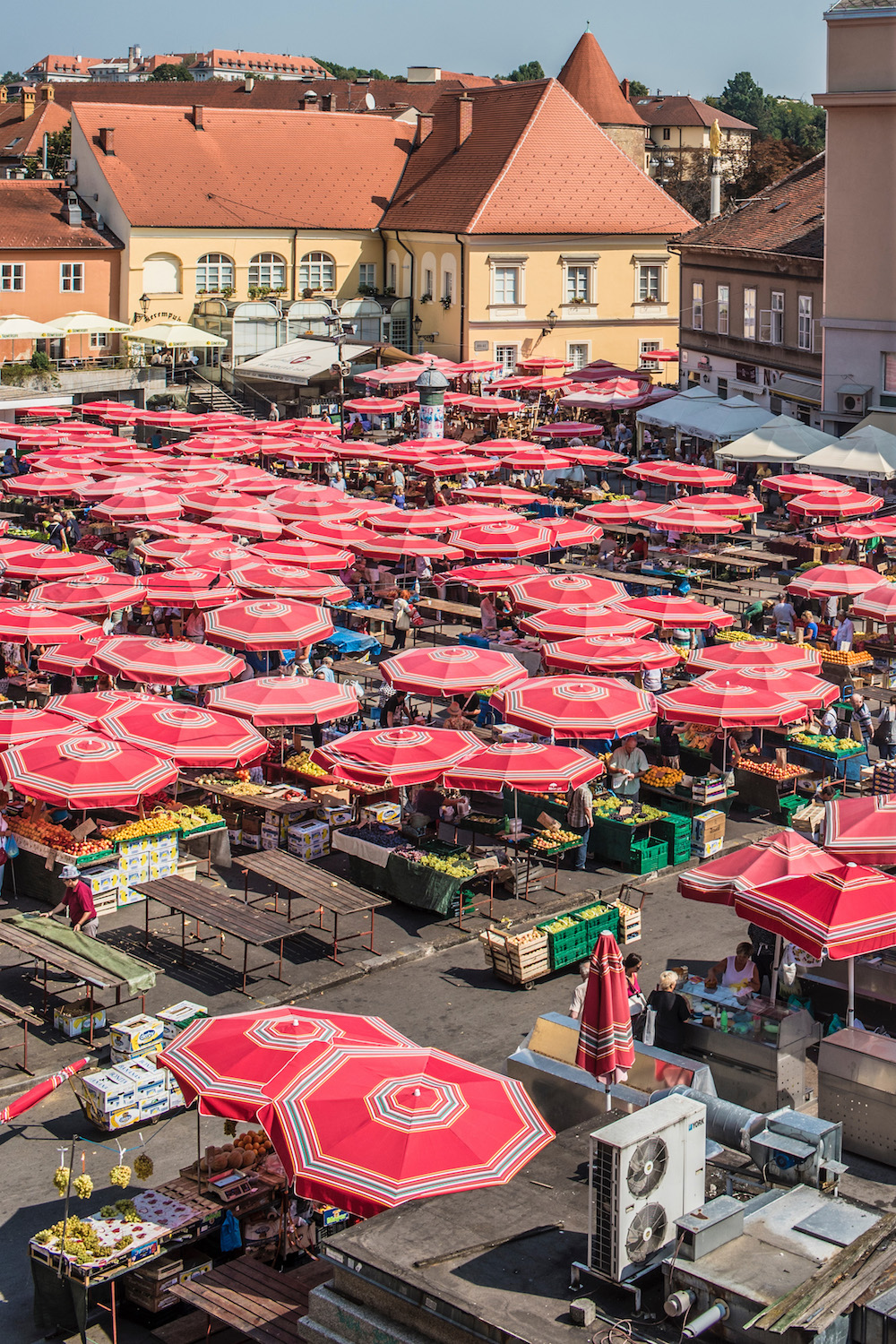
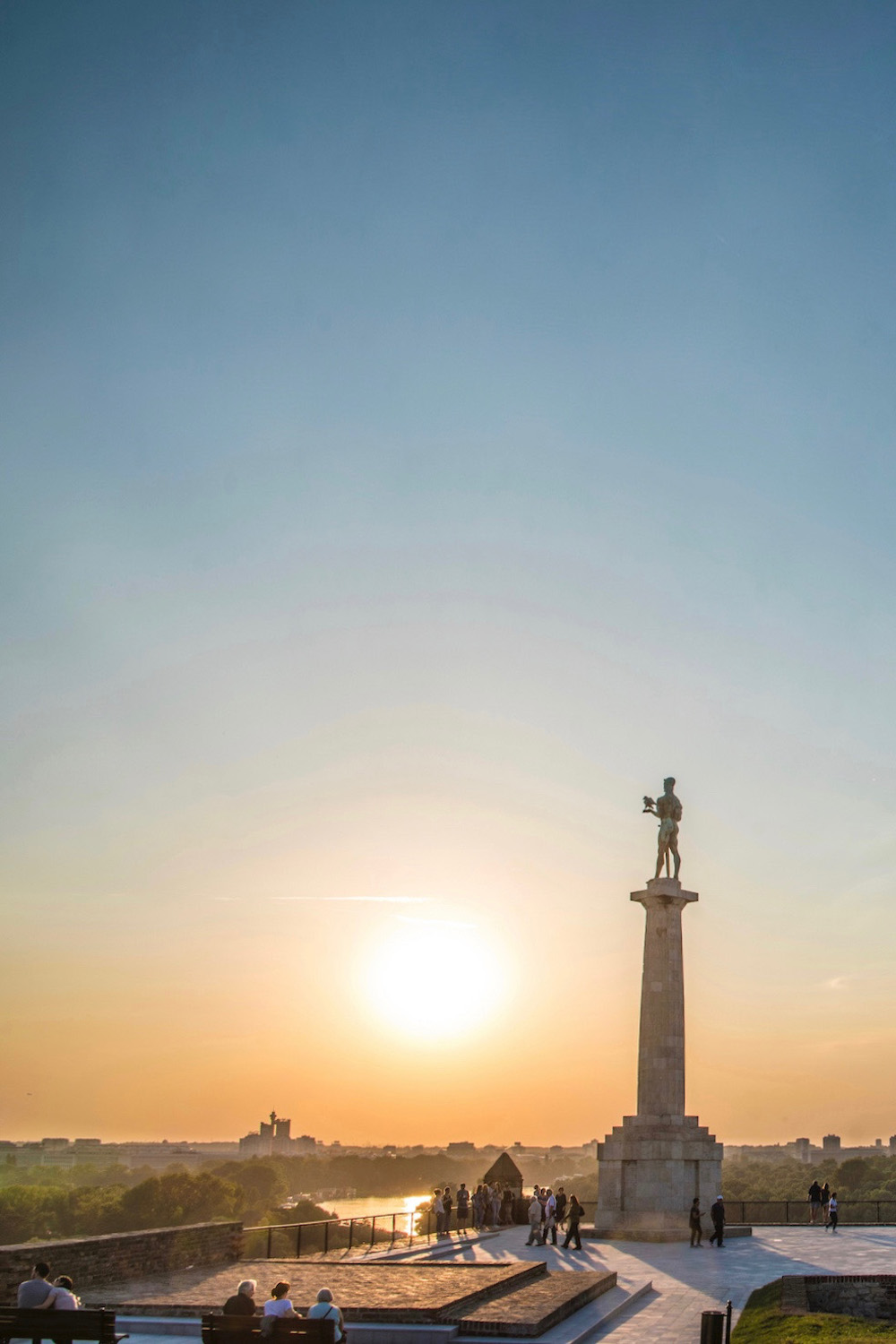

Robert Schrader is a travel writer and photographer who’s been roaming the world independently since 2005, writing for publications such as “CNNGo” and “Shanghaiist” along the way. His blog, Leave Your Daily Hell, provides a mix of travel advice, destination guides and personal essays covering the more esoteric aspects of life as a traveler.








